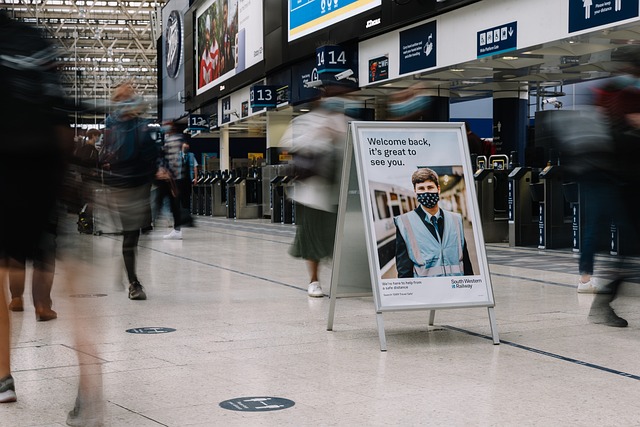AI tools for zoning compliance checks are revolutionizing commercial real estate by offering unprecedented efficiency in site selection. These advanced algorithms process vast datasets, including market trends, demographics, and regulations, to identify optimal business locations. By automating time-consuming manual research, AI streamlines processes, reduces legal risks, and gives developers a competitive edge. However, challenges include ensuring data accuracy, privacy, and fostering team acceptance of AI technology.
“The integration of Artificial Intelligence (AI) into commercial real estate is transforming traditional site selection processes, making them more efficient and data-driven. This article explores how AI powered site selection is revolutionizing the industry, with a focus on understanding its role, leveraging AI tools for zoning compliance checks, and examining the benefits and challenges of implementation. By harnessing AI capabilities, developers and investors can navigate complex regulations, optimize their search, and ultimately achieve maximum ROI.”
- Understanding AI's Role in Commercial Real Estate: Unlocking Efficient Site Selection
- AI Tools for Zoning Compliance Checks: Streamlining the Process
- Benefits and Challenges of Implementing AI in Site Selection for Maximum ROI
Understanding AI's Role in Commercial Real Estate: Unlocking Efficient Site Selection

In the realm of commercial real estate, Artificial Intelligence (AI) is revolutionizing site selection processes by offering unprecedented efficiency and precision. AI tools can sift through vast amounts of data to identify ideal locations for businesses, going beyond traditional methods that often rely on human intuition and limited information. By leveraging machine learning algorithms, these AI tools analyze various factors such as market trends, demographic data, zoning regulations, and infrastructure availability. This enables developers and investors to make informed decisions quickly, ensuring their projects meet both current and future demands.
One of the key advantages of AI in site selection is its ability to conduct comprehensive zoning compliance checks. Traditional methods often involve manual research, which can be time-consuming and prone to errors. AI tools streamline this process by automatically cross-referencing potential sites against local zoning maps and codes. This not only saves significant time but also minimizes the risk of legal issues arising from non-compliance. As a result, businesses can navigate the complex landscape of commercial real estate with increased confidence and a competitive edge.
AI Tools for Zoning Compliance Checks: Streamlining the Process

AI tools for zoning compliance checks are transforming how real estate developers and investors navigate site selection. These advanced algorithms can rapidly scan vast datasets, including local laws, land use regulations, and demographic trends, to identify potential zones that align with project requirements. By automating the initial screening process, AI streamlines steps that traditionally relied on manual research and legal expertise, significantly reducing the time and resources needed for zoning compliance checks.
This efficiency gain is particularly impactful in dynamic markets where zoning laws can be complex and frequently updated. AI tools can continuously learn from new data inputs, ensuring developers stay up-to-date with local regulations. As a result, these tools empower users to make informed decisions faster, increasing the likelihood of successful project outcomes.
Benefits and Challenges of Implementing AI in Site Selection for Maximum ROI

Implementing AI in site selection offers significant benefits for commercial real estate professionals, enabling data-driven decisions and enhancing efficiency. These tools can perform complex analyses, including zoning compliance checks, by quickly processing vast datasets and identifying patterns that might be missed by humans. AI algorithms can sift through multiple factors—from demographic trends to infrastructure availability—to pinpoint optimal locations for investment, thereby maximizing ROI.
However, challenges accompany the integration of AI into site selection processes. Ensuring data accuracy and privacy is paramount; inaccurate or biased data could lead to flawed conclusions. Additionally, while AI streamlines tasks, it may require substantial initial investment in technology and training to achieve maximum efficiency. Adapting existing workflows and fostering a culture comfortable with AI adoption are further considerations for a successful implementation strategy.
AI is transforming commercial real estate, particularly in site selection. By leveraging AI tools for zoning compliance checks, developers can streamline processes and make more informed decisions. While challenges exist, the benefits of implementing these advanced technologies are clear, offering improved efficiency, reduced costs, and higher ROI potential. As AI continues to evolve, its role in navigating complex zoning regulations will only become more pivotal, shaping the future of urban development.
